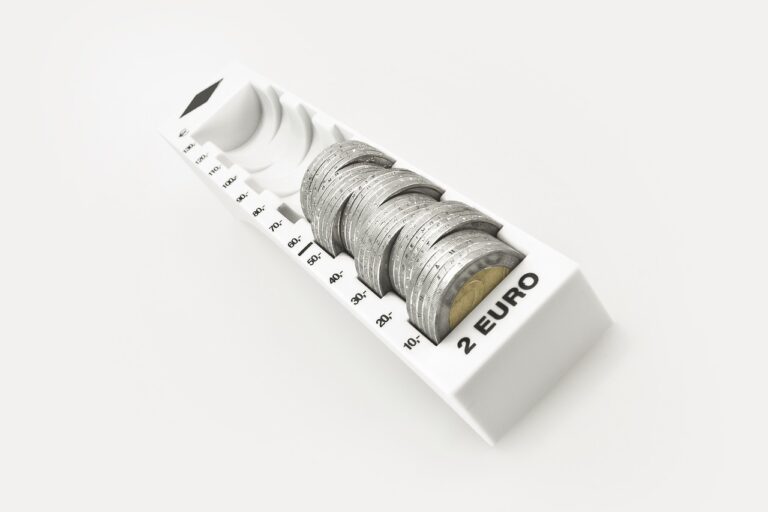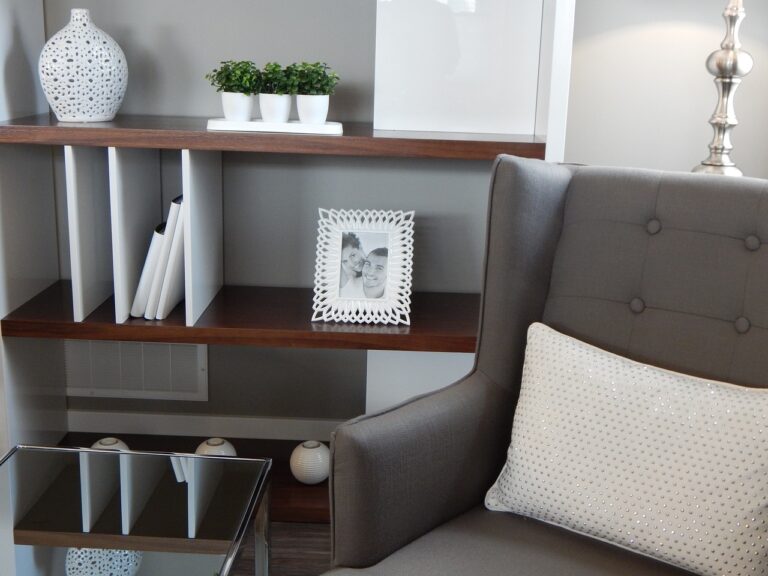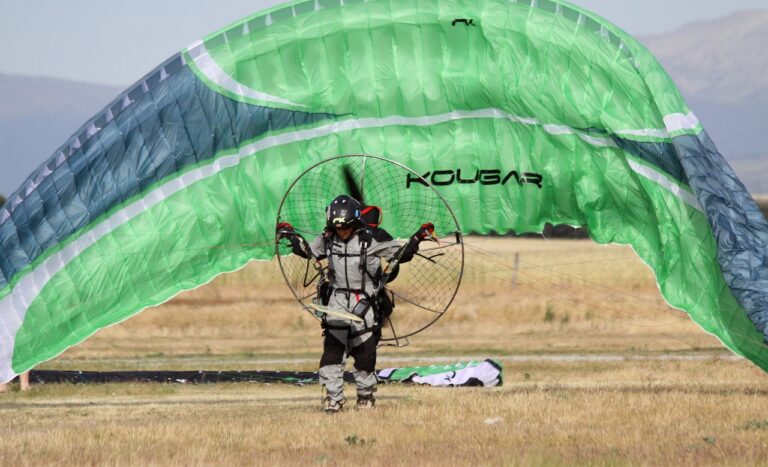Analyzing the Influence of Educational Toys on Peer Relationships: 11xplay reddy login password, Tigerexch247, Betbook 1
11xplay reddy login password, tigerexch247, betbook 1: Educational toys have long been recognized for their positive impact on a child’s cognitive development. Many parents and educators invest in these toys to help children learn essential skills in an engaging and interactive way. However, one aspect that is often overlooked is the influence of educational toys on peer relationships. In this article, we will explore how educational toys can affect the way children interact with their peers and the potential benefits that come with it.
1. Encouraging Collaboration
Educational toys that require children to work together to solve problems or complete tasks can help foster collaboration among peers. When children engage in cooperative play, they learn to communicate effectively, share ideas, and compromise, all of which are essential skills for building positive relationships with others.
2. Building Empathy
Some educational toys are designed to teach children about emotions, empathy, and social skills. By playing with these toys, children can learn to understand and recognize the feelings of others, which can lead to more compassionate and empathetic interactions with their peers.
3. Promoting Inclusivity
Educational toys that feature diverse characters or storylines can help children learn about different cultures, backgrounds, and perspectives. By exposing children to diversity through play, they can develop a greater appreciation for differences and become more inclusive and accepting of others.
4. Enhancing Communication
Toys that encourage storytelling, role-playing, or imaginative play can help children improve their communication skills. When children engage in creative play scenarios with their peers, they learn to express themselves effectively, listen actively, and respond appropriately all of which are essential for building strong relationships with others.
5. Resolving Conflicts
Educational toys that involve problem-solving or decision-making can help children learn to resolve conflicts with their peers in a constructive way. By practicing negotiation, compromise, and conflict resolution skills during play, children can develop the tools they need to navigate disagreements and maintain healthy relationships with their peers.
6. Fostering a Sense of Belonging
Educational toys that promote teamwork, cooperation, and mutual support can help children feel like they belong to a community of peers. When children engage in activities that require them to work together toward a common goal, they develop a sense of camaraderie and connection with their peers, which can boost their self-esteem and social confidence.
In conclusion, educational toys play a crucial role in shaping children’s peer relationships by promoting collaboration, empathy, inclusivity, communication, conflict resolution, and a sense of belonging. By incorporating these toys into children’s playtime, parents and educators can help them develop the social skills they need to build positive and meaningful relationships with their peers.
FAQs
Q: Are educational toys only beneficial for young children?
A: While educational toys are most commonly associated with young children, they can benefit individuals of all ages. There are educational toys designed for teenagers and adults that can help develop specific skills or knowledge areas.







